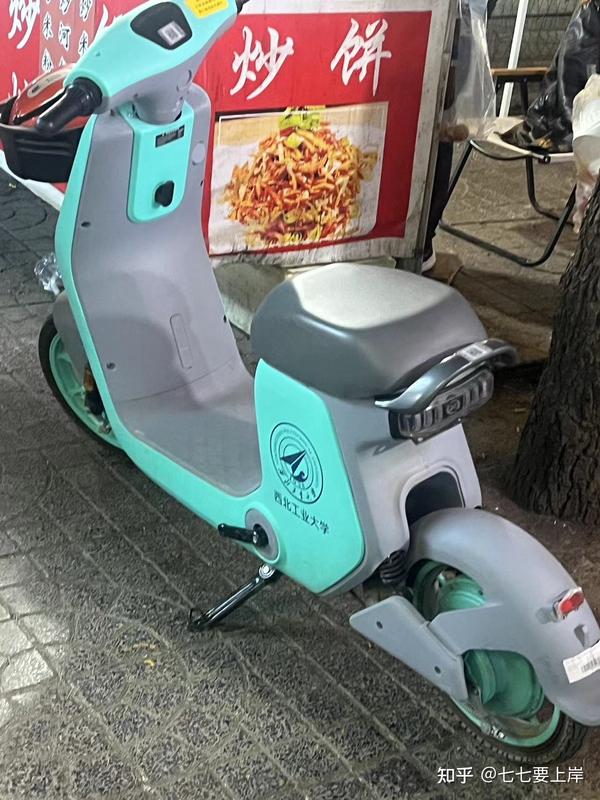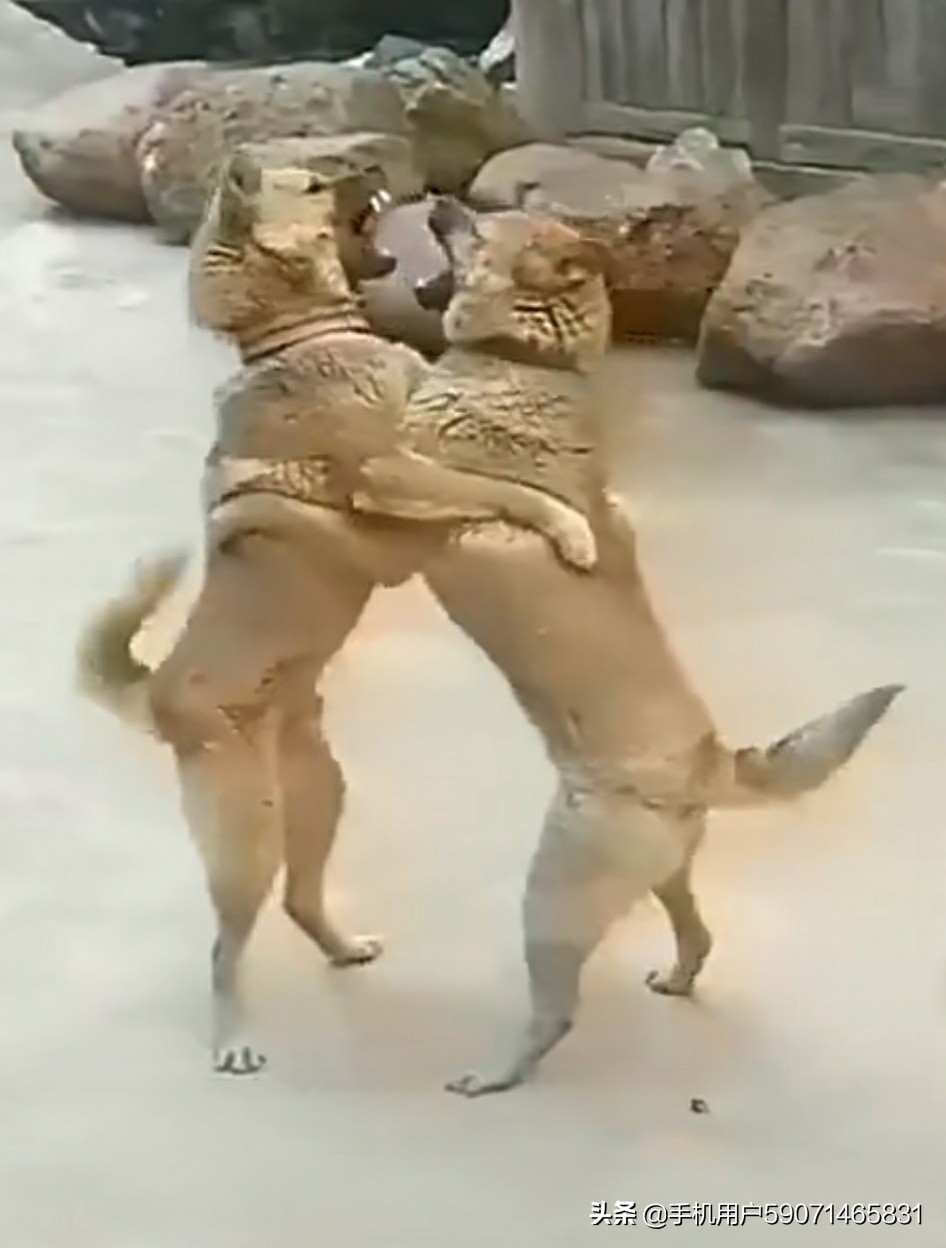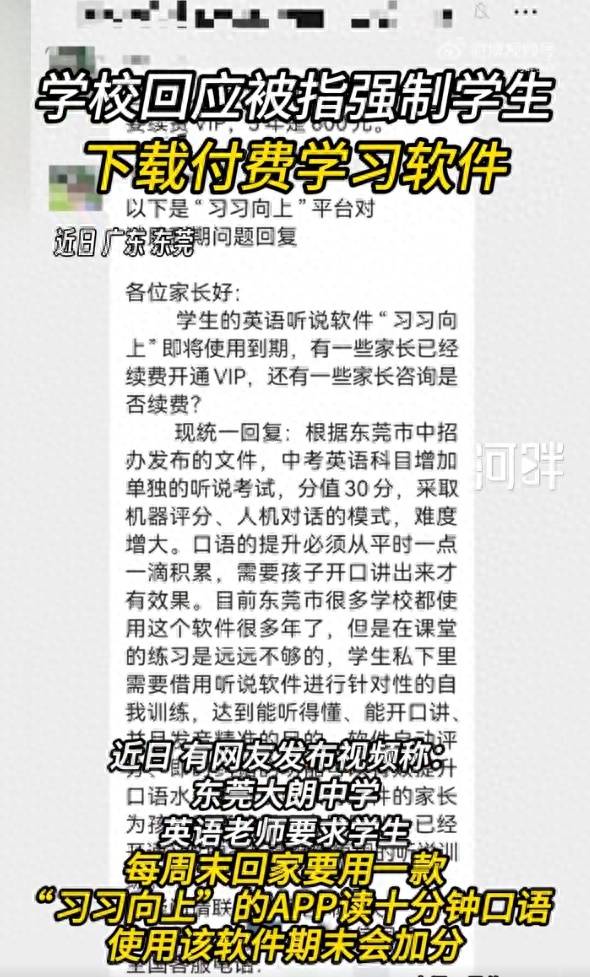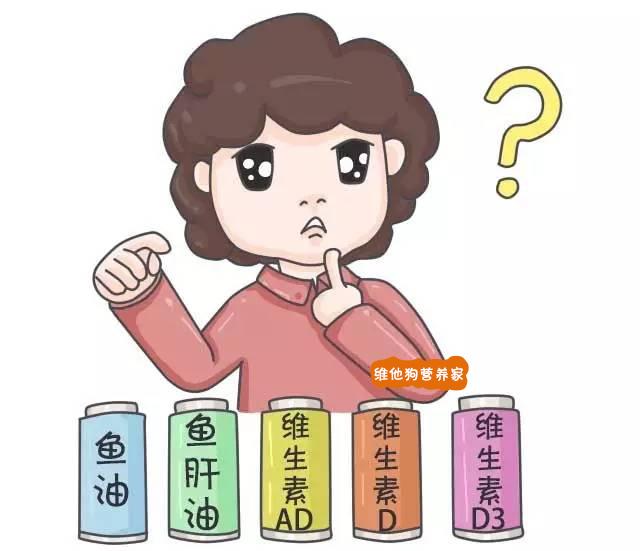美国文学教授Eric谈中国学生的英文写作(二):中国学生常犯的错误
- 教育
- 2023-06-27
- 83
(接上篇)
II. 中国学生常犯的错误。
Back to the writing. THE KEY IS IN THE VERBS. That is lesson #1. And THE IMPORTANCE OF MEANINGFUL ADJECTIVES: #2. For example, I often see student essays which go along like the following. Last week I went to camp. It was very interesting. It isn’t the same where I went last year. Last year it is different. It was different because the people are really nice and the camp instructors were very nice. We did a lot of interesting things. We go for walks in the woods and we also went to the lake where we went swimming. The lake was very beautiful. It is beautiful because the water was blue, and so is the sky. It was wonderful to have gone there and we have a good time and do many interesting things.
1
说回写作。其实写作的关键在于用对动词,以及有意义的形容词。例如,我经常看到学生作文如下。
Last week I went to camp. It was very interesting. It isn’t the same where I went last year. Last year it is different. It was different because the people are really nice and the camp instructors were very nice. We did a lot of interesting things. We go for walks in the woods and we also went to the lake where we went swimming. The lake was very beautiful. It is beautiful because the water was blue, and so is the sky. It was wonderful to have gone there and we have a good time and do many interesting things.
Of course I am exaggerating to make my point, but many essays share the same basic faults that are present here: (1) boring verbs; (2) boring, abstract adjectives; (3) unnecessary repetition of starting a new sentence with the same words that ended the previous sentence; (4) switching back and forth between present and past tense.
2
当然,我有些夸大其词,但许多论文都存在与上一段类似的基本错误:(1)无聊的动词; (2) 枯燥、抽象的形容词; (3) 不必要地重复,以与上句结尾相同的词开始新句子; (4)现在时和过去时之间来回切换。
The last one is a recurring problem. I know that Chinese language is radically different from English and I wouldn’t know where to begin in terms of making a comparison; but suffice it to say that English is all about time relationships. The past tense is used to describe something that cannot be changed, and it is most often employed in the narrative form because almost all stories – whether fiction like Harry Potter, biography such as The Life of Helen Keller and even conversation about what happened at school (at the office) today are told in the past tense. “Once Upon a time there were three little bears (not are)” It is simply the nature of narrative, as well as indicating something over and done with and impossible to change. Often people get it confused with the present perfect tense which involves, not motion but connection between a past beginning and a present reality e.g. “Jack and Jill have been married for ten years” (they are still married) as opposed to “Jack and Jill were married for ten years (they are no longer married). Present perfect offers a result but not a final result, e.g. Alfred Hitchcock made x-number of films Past tense:(final total, cannot be changed); Quentin Taratino has made e-number of films (Present Perfect: the result is considered temporary, just for now, and is subject to change because Tarantino is still alive and making films.)
3
最后这一点(现在时和过去时之间来回切换)是一个重复出现的问题。我知道汉语与英语完全不同,我也不知道从哪里开始进行比较;但要重要的是英语重视时间关系。过去时用于描述无法改变的事物,它最常用于叙述形式,因为几乎所有的故事——无论是像《哈利波特》这样的小说,还是像《海伦凯勒的传记》这样的自传,甚至是关于学校或者办公室发生的事情的聊天,要用过去时。
“Once Upon a time there were three little bears (not are)” ,这(用过去式)就是讲故事约定俗成的用法,暗示了某些事情已经过去了,已经完成了,不可能改变了。人们经常把它与现在完成时混淆,后者涉及的不是动作,而是过去的开始和现在的现实之间的联系。 例如。 “Jak and Jill have been married for ten years”(他们仍然是夫妻),而“Jack and Jill were married for ten years”(他们不再是夫妻)。现在完成时显示的是结果但不是最终结果, 例如:“Alfred Hitchcock made x-number of films.” 这是过去式,(是希区柯克制作的电影的最终总数,无法更改);而‘Quentin Taratino has made e-number of films.” (是现在完成时,这个数字是暂时的,目前为止这么多,但可能会发生变化,因为塔伦蒂诺还活着并且正在制作电影。)
The present simple can be used to describe something that is always true (“I am an English teacher”), something that is repeated action (“I always drink coffee when I wake up in the morning”; schedules and headlines (“The films starts at 8pm” and “Manchester City thrash Chelsea 4-1.”). But it can also be used, right along with present continuous to describe the plot of a film or the summary of a text e.g. (“In the film Titanic, the ship sinks after hitting the iceberg” and “Little Oliver Twist gets into trouble when he asks Bumble the Beadle ‘for more”). It’s because the outcome will never be any different. So don’t go to see Titanic 30 times, hoping that someday it will not sink.
4
现在时可以用来描述总是正确的事情(“I am an English teacher.”),或者重复做的事情(“I always drink coffee when I wake up in the morning.”);日程安排和标题(“The films starts at 8pm.”和“Manchester City thrash Chelsea 4-1. ”)。但它也可以与现在进行时一起用于描述电影情节或文本摘要,例如(“In the film Titanic, the ship sinks after hitting the iceberg.”和“Little Oliver Twist gets into trouble when he asks Bumble the Beadle ‘for more”)。这是因为这些结果永远不会有任何不同。所以不要试图去看30次泰坦尼克号电影,希望有一次它不会沉没。
The problem most of my young Chinese students have is fluctuating back and forth, to and fro, between simple past and present simple as if they really are not sure that a distinction exists. That is one of the main problem areas I encounter. It takes a lot of explaining before progress is noticeable.
5
我的大多数年轻中国学生的问题是在过去式和现在时之间来回摆动犹豫,好像他们真的不知道这两者之间是否存在区别。这是我遇到的主要问题之一。我往往需要做很多解释,他们才会有明显进步。
But let’s go back to the paragraph I modeled, and see what might be done with it using a more lively vocabulary.
6
现在让我们回到我刚才说的那段话,看看如果我们使用比较生动的词汇,这段话会是什么样的。
It was only last week that I found myself back at camp. More so than a year ago, there were stimulating activities in abundance, made even more enjoyable by the counselors, who were always available to help, and the well-conceived schedule of activities: a mixture of educational and recreational. But the best was the friendships I formed with the kids at camp. Among our adventures were long hikes through the woods where we encountered a host of plants, flowers, insects, and birds and ‘beasts’ (at a safe distance!) – both the new and the familiar. In the hot afternoons we would take to the lake and swim in its blue waters under a beaming azure sky; sometimes in the evenings a few of us would return for a dip amid the twinkling woodsy twilight. Sometimes the water would ripple with fish and the summer night wind would come to dry our wet bodies. At night we would ‘blabber and jabber’ , as we teens like to do, and message, message, message. The meals in the cafeteria were delicious, although after a few days we could see that the menu was repetitive. But not to worry ! The days were sunny and long, the nights were short, and our goodbyes were full of smiles and tears. ALL IN ALL, A BRILLIANT EXPERIENCE!
Now the only ‘magic’ in this paragraph is a careful selection of verbs, adjectives, and a mix of sentence length. There is not one word in this passage that most of my students don’t understand. The trick is to use them. Saying that something is ‘interesting’ or that someone was ‘nice’ is almost worse than saying nothing at all. The secret is to SHOW the emotion rather than TELLING. If something is beautiful, interesting, funny, or sad, then let the carefully chosen details (by the writer) evoke the mood. ‘Explaining’ it, choreographing it, is a waste of space. Again THE TRUTH IS IN THE DETAILS.
7
这段话唯一的“魔法”就是是仔细选择动词、形容词,以及不同长度句子的组合。这段话中没有一个词是我的大多数学生不理解的。诀窍是如何使用它们。说某事“有趣”或某人“很好”几乎比什么都不说更糟糕。秘诀是间接地显示情感而不是直白地说出来。如果某件事是美丽的、有趣的或悲伤的,那么精心挑选的细节(由作者完成)能引发读者的情绪。 直白的“解释”浪费空间。再次强调,真相在细节中。
As far as actually putting the essay on the page is concerned, Chinese pupils have some habits which English natives find odd. For instance, English sentences are immediately followed by the punctuation, then a space, and finally the beginning of the next sentence. For instance: “It rained all day. The wind was strong.” The Chinese version often comes out “It rained all day .The wind was strong.” – with the period (fullstop) at a space from the end of the sentence and positioned next to the new one. Or this” It rained all day,the wind was strong.”
8
就文章排版而言,中国学生有一些英语母语者觉得很奇怪的习惯。例如,英语一句话后面紧跟标点符号,然后是空格,然后是下一个句子的开头。例如:“It rained all day. The wind was strong.”而中国学生经常写成“It rained all day .The wind was strong.” – 他们把句号和句子末尾的词用一个空格隔开,但紧贴下一句开头。或者这样” It rained all day,the wind was strong.”
Another ongoing problem is that the students can’t seem to grasp that you do not end sentences with commas, as in: “It rained all day, the wind was strong.” Commas mean pause, then take a breath and continue. Everything else, the colon (:), semi-colon (;) exclamation point (!), question mark (?) and period (.) means STOP. My advice to students when in doubt as to whether to use a comma or not is this: Read the whole sentence as fast as you possibly can (outloud preferably), and if the sentence still makes sense, you don’t need a comma, e.g. “The book was on the table under the chandelier at the end of the hall in front of the door next to the window.” Read it like lightning and it will still make sense. Hence, no commas.
9
另一个经常出现问题是,学生们似乎无法理解你不能用逗号来给作结一个句子。例如他们会说““It rained all day, the wind was strong.”这是错误的。逗号表示暂停,然后吸口气继续说。而其他标点符号,包括冒号 (:)、分号 (;) 感叹号 (!)、问号 (?) 和句号 (.) 表示“停”。当学生对是否应该逗号有疑问时,我的建议是:尽可能快地阅读整个句子(最好大声朗读),如果句子仍然有意义,则不需要逗号,例如“The book was on the table under the chandelier at the end of the hall in front of the door next to the window.”像闪电一样快地读它,句子仍然有意义。因此,不需要逗号。
But look at this one: “Though old Grandpa could still climb the stairs.” Is it a sentence? No it isn’t. As written, you would need to add “Though old Grandpa could still climb the stairs, he usually stayed down in the kitchen.” BUT – if you use a well-placed comma in the first clause, it becomes a sentence: “Though old, Grandpa could still climb the stairs.” The comma does the trick.
10
再来看看这个例子:“Though old Grandpa could still climb the stairs.”这是一个句子吗?不,不是。你需要添加成“Though old Grandpa could still climb the stairs, he usually stayed down in the kitchen.”但是——如果你在第一个子句中使用了一个恰当的逗号,它就变成了一个句子:“Though old, Grandpa could still climb the stairs.” 这里逗号解决了病句问题。
The key factor is the subject verb relationship. It is the glue that holds the sentence together, as well as whether the subject is singular or plural (each sets off a chain reaction that runs throughout the sentences). Now look at this: “Mary wants” is not a sentence. It needs an object: wants what? But “Mary slept.” – is a sentence; it requires no object. You build sentences from the correct foundation, the same way you build bridges and hotels. Thus, “After flying 10 hours from Moscow to New York, Mary slept.” We can do more: “After flying ten hours from Moscow to New York, Mary slept 10 more hours in the first hotel she could find.” We can do more: “After flying ten hours from Moscow to New York, Mary, who had drunk ten glasses of vodka during the flight, slept for ten more hours in the first hotel she could find.” A two-word sentence has thus grown to 31 words. But it’s not the word count that matters; it’s the structure of the sentence.
11
问题的关键是理清主语和动词的关系,这是将句子连接在一起的粘合剂,以及弄清楚主语是单数还是复数(这些都会引发贯穿整个句子的连锁反应)。现在看看这个:“Mary wants”不是一个句子。它需要一个宾语:想要什么?但是“Mary slept.”是一个句子;它不需要宾语。你从正确的主干上造句,就像你建造桥梁和旅馆一样。因此,“After flying 10 hours from Moscow to New York, Mary slept.” 我们还可以说得更详细:“After flying ten hours from Moscow to New York, Mary slept 10 more hours in the first hotel she could find.”或者继续丰富这句话:“After flying ten hours from Moscow to New York, Mary, who had drunk ten glasses of vodka during the flight, slept for ten more hours in the first hotel she could find.”一个两个词的句子因此增长到 31 个词。但重要的不是字数,而是句子的结构。
(未完待续~~~~)
想和Eric老师学习文学研读和批判性写作吗?想和我们的顾问聊聊英语学习规划和留学准备吗?欢迎咨询!









